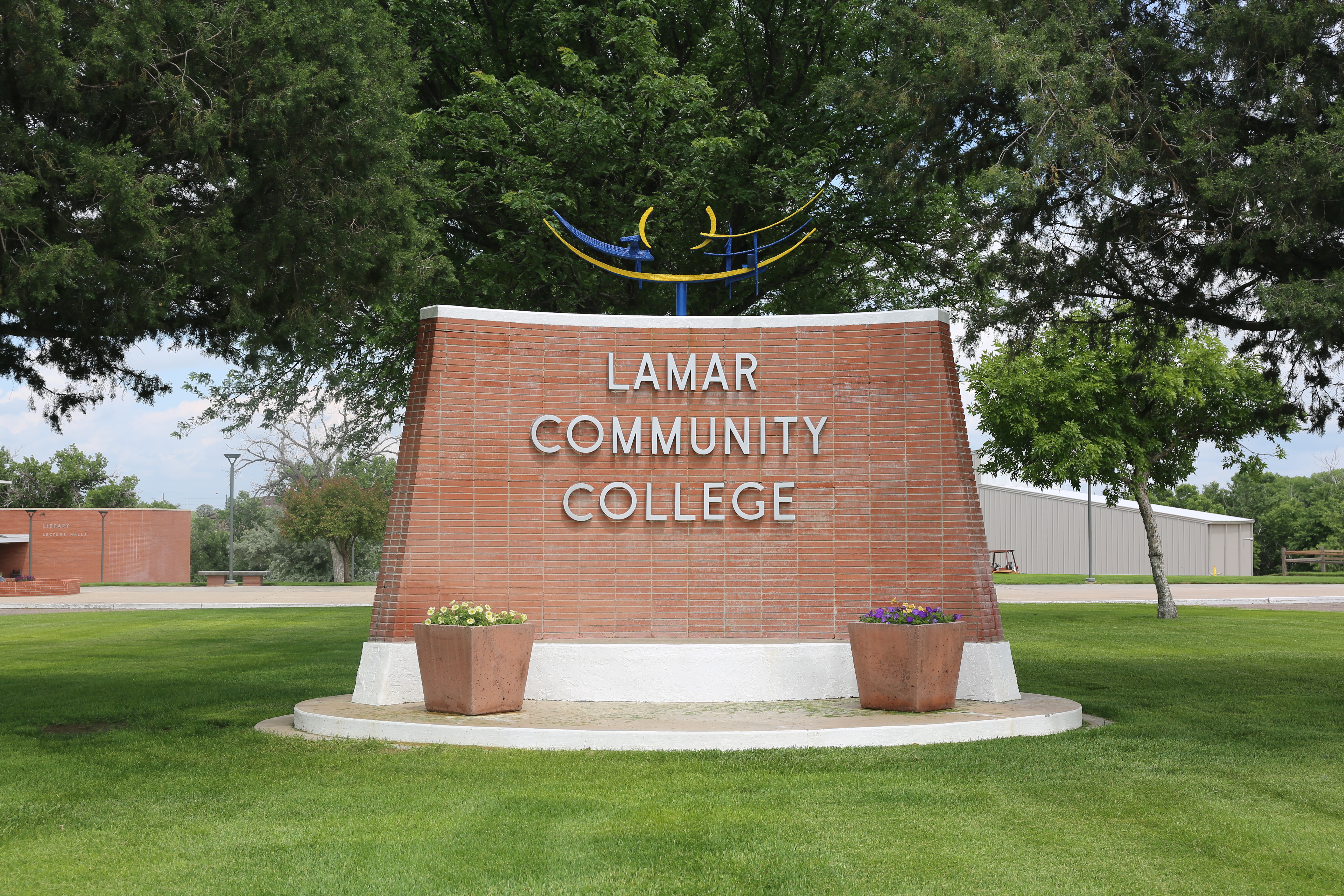Dozens of college staff and administrators discussed strategies to scale flexible learning at the Colorado Community College System’s second Rural College Summit, hosted at Pueblo Community College last month.
The summit brought together leaders from CCCS’s seven rural colleges, which have united under the Rural College Consortium. Last year, CCCS received a $8.6 million investment from the Colorado General Assembly to build the infrastructure for the collaborative, which virtually connects courses and student services across 16 campuses and learning sites.
“We are really pioneering some wonderful opportunities for the students in our rural areas to be able to get that degree or certificate in their own communities,” said Dr. Patricia Erjavec, president of Pueblo Community College. “At the end of the day, it’s not us that wins—it’s the students that win. It’s our communities that are going to end up richer and healthier because they’re going to have that educated workforce.”
‘Better and Stronger’
In his opening remarks, Chancellor Garcia reiterated rural colleges’ importance to CCCS and the state broadly. He noted that both the legislature and CCCS’s governing body, the State Board for Community Colleges and Occupational Education, see the Rural College Consortium as a top priority for rural Colorado.
“Some of our oldest colleges are our rural colleges. You are historically, culturally, and economically important institutions. That’s why we all need to work together to preserve your future,” he said.
Banding together is the best way to face the headwinds faced by rural colleges—from declining enrollment to rising operational costs, Chancellor Garcia said. By sharing students and programs, CCCS’s rural colleges can expand learning options while generating more revenue.
“There’s no reason as student in a rural community should have less opportunity than a student in an urban community to take advantage of quality instruction,” he said. “Let’s all come together to make the rural communities we live in better and stronger.”
‘Our Communities Need It’
To understand a real-world application of the Rural College Consortium, summit attendees discussed ways to offer more shared night and weekend learning options.
Several colleges already run successful programs that could be scaled statewide. Lamar Community College (LCC) and Pueblo Community College (PCC), for example, have leveraged technology to teach students from their satellite campuses at the same time. Morgan Community College recently launched a Weekend College program in early childhood education and general studies that meets for three to five hours every Saturday. Thanks to a $25,000 boost from a CCCS Lumina grant, the college will soon roll out $100 stipends for all participating students and bulk up their food pantry that is open seven days a week.
Other colleges are already working together to boost enrollment. Collaborating with Otero College, Trinidad State College (TSC) created a hybrid nursing program where students take courses at night and meet for clinical labs every other weekend. Participation has steadily climbed from four students to 40 this fall.
“A big bonus has been for the medical facilities. Now, they have staff on the weekends thanks to our students,” said Lynette Bates, TSC’s vice president of academic affairs. “As a rural college kid, I know our economies need it, and our communities need it.”
Colorado Northwestern Community College (CNCC) is focused on ramping up off-hour services, said Keith Peterson, vice president of instruction at the Craig campus. CNCC now keeps libraries and tutoring spaces open longer to ensure students get support around the clock. As a residential college, they’re also improving campus life to help students stay connected and fulfilled.
“We have hundreds of students that live on our property, and that’s their home for the nine months out of the year,” Peterson said. “We need to get students out and give them recreation opportunities as well as mental wellness opportunities.”
As a rural college kid, I know our economies need it, and our communities need it.
‘Making Things Better’
After meeting with colleagues from their functional areas, such as financial aid and marketing, college staff regrouped to discuss insights and next steps.
The conversations laid the groundwork for new processes as rural colleges undergo unprecedented collaboration, said Dr. Linda Lujan, the former president of LCC who is helping lead the Rural College Consortium project. She commended the college staff for embracing change and new possibilities.
“The collaboration you bring to your jobs every single day is beyond compare,” she said. “We’ve got some wonderful ideas, and—more importantly—we have some incredible people to make things even better for rural students and rural communities.”


